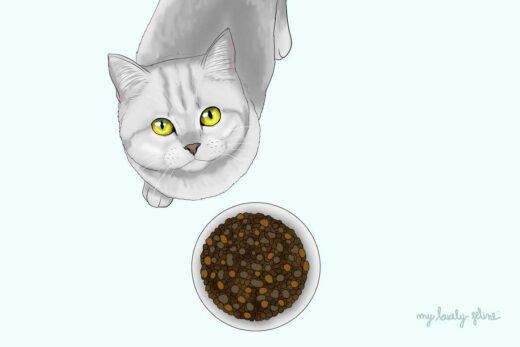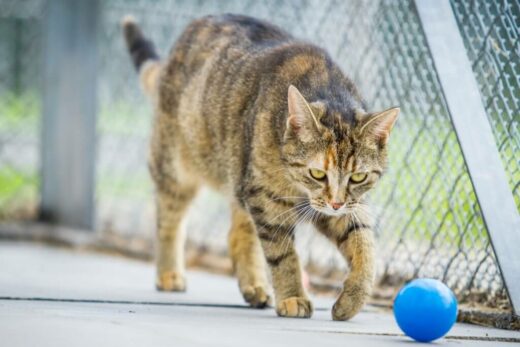
Pet nutrition has had many recent trends and fads, including “whole food” diets, novel protein diets, and “holistic” diets.
And maybe the most controversial… raw diets. Most pet owners, pet food retailers, and vets are either a proponent for or an advocate against feeding raw diets. Arguments in favor of feeding raw diets tout shinier coats, healthier skin, cleaned teeth, fewer allergies, higher energy levels, and smaller stools. Concerns with feeding a raw diet include potential nutrient imbalances, food-borne illnesses, potential tooth fractures and GI obstructions or perforations (if whole raw bones are included) and maldigestion.
An article published in the Journal of the American Veterinary Medical Association in December 2013 set out to explore the potential risks and benefits of feeding raw meat to pets. This study evaluated both commercial and home-made raw diets and found that diets in both of these categories had nutritional imbalances, as well as a greater risk of food-borne illness (including Salmonella, E. coli, and toxoplasmosis) when compared to commercially prepared “cooked” diets. This study concluded that the health risks of feeding raw outnumbered any potential health benefits. The CDC has also come out against feeding raw diets to pets, citing concerns to both the pets and family members. Since May 16, 2016 the FDA has issued 18 consumer alerts regarding pet products. Nine of those alerts – or 50% – were regarding raw pet food.
The effects of cooking can both positively and negatively impact the digestibility of food. Proteins and amino acids undergo substantial physical changes during the cooking and processing (extrusion, canning, freeze-drying) associated with the manufacture of pet foods. For many pets this process does lead to decreased absorption of amino acids. However, for pets with underlying maldigestion issues, this process may be necessary to initiate the digestion process. Although conventional heat processing can have negative effects on animal tissue proteins, heat processing improves the bioavailability of some plant proteins secondary to denaturing of antinutritional factors. Food processing (cooking, extrusion, freeze-drying) or any lack thereof also is believed to have effects on the microbiome of the pet, which may manifest as individual improvement or deterioration with a change between raw and cooked food. Studies showing any clinical benefit of the better digestibility of raw animal protein sources over cooked diets are also lacking.





